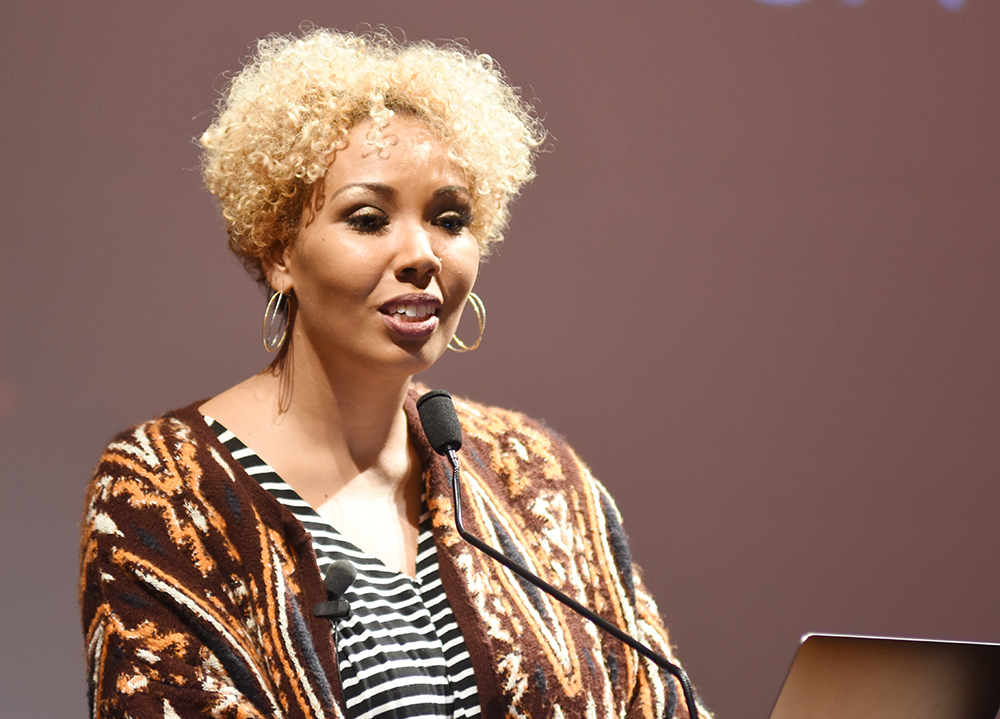The most pervasive and omnipresent debate in the United States today is without a doubt the debate on healthcare reform. The push by the Obama administration to change much of the basic fabric of healthcare in the United States has resulted in some of the most over the top political theatre in recent history. People shouting down their legislative representatives, teary diatribes against a supposed Marxist revolution, and even gun toting protesters have all become commonplace at the town halls where healthcare reform is being “debated.”
With all of the political posturing, it can be easy to forget the realities of current healthcare situation in the United States, and the especially tenuous situation in the African -American community. According to a study done by the Commonwealth Fund, a charitable foundation that advocates for increased health coverage for Americans, African- Americans and Hispanics are by far the most commonly uninsured racial demographics in the United States. The Commonwealth Fund’s study found that about a third of the African- American population had been uninsured at some point in the past year, and a whopping 62% percent of the Hispanic American population had been uninsured at some point.
Poor health coverage would seems to also result in an unhealthy African-American community. According to a report from the Center for Disease Control African Americans are more likely to die from heart disease, cancer especially colon and prostate cancer. HIV/AIDS have also been a larger problem for the African-American community than any other racial community in the United States. Nearly half of the people suffering from HIV/AIDS in the United States are African-American.
For any of these disturbing statistics to change, the African American community has to look as healthcare as not just a political issue, but a personal one. While African Americans may in fact be genetically predisposed to have certain diseases, not all health issues are out of the control of the individual.
First of all, if you don’t have health coverage, you need to do everything you can to get it. Obviously, the chances of you getting seriously ill are slim, but if you get seriously ill and need health care, the chance of you being able to get coverage after you become ill is slim to none. The chances of you being able to pay out of pocket for treatments for serious illnesses is even more remote unless you just won the lottery or were born with a multi-million dollar trust fund.
Past just getting health insurance, African Americans and America as a nation has to look at healthcare as prevention just as much as it looks at it as treatment. Risk factors for things like diabetes and heart disease are heavily affected by the diet and lifestyle of potential victims. If you want to be healthy into middle age and later life, proper diet and exercise are not optional, they are required. The same viewpoint has to be taken with sexual health as well, no form of contraception is perfect, but the risk of catching many STDs is greatly reduced by using protection.
Healthcare for African-Americans is certainly a confounding issue in many ways, but the best way that most people can positively affect it right now is to take personal steps towards being healthier and secure in their personal life. Get insured, eat healthy, and exercise regularly. No matter what happens with the healthcare debate in Washington, DC, your health should always be a personal priority in everything you do.




